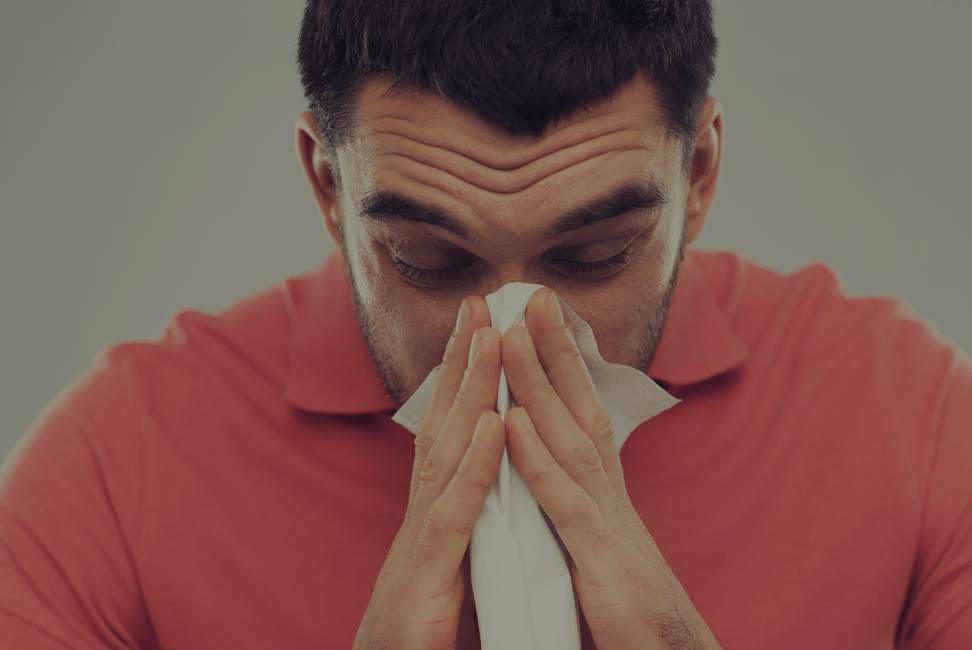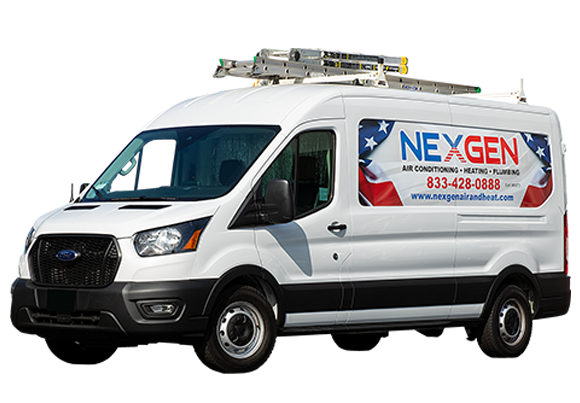5 Reasons Why Your HVAC System Could Be Causing Your Allergies

It has been proven that the quality of your home's indoor air can directly affect your family's health. According to the EPA, exposure to poor indoor air quality can cause immediate discomfort. They warn that the long term effects from extended periods of breathing indoor air pollution can also cause lingering and chronic illnesses. Many respiratory diseases and allergies have been linked to living in a home with dirty air.
After long periods of time, the concentrations of indoor pollution will continue to build up, and the resulting health effects can be debilitating and are often the cause of allergies. It is important to have regular maintenance of your HVAC system to eliminate or reduce the circulation of contaminants in your home. HVAC technicians that perform regular inspection and cleaning of your HVAC units and ductwork can also detect more serious conditions, such as carbon monoxide leakage which can be deadly.
1. Dust and Dirty Air Filters
HVAC maintenance may include removing dust from the register and return vents in the home. Also, a yearly replacement of your home’s furnace filters is crucial for good indoor air quality. Speak with your HVAC technician about the choices in high quality air filters that remove a greater amount of airborne particulates.
2. Mold in Home or AC Unit
Mold can thrive within different areas of you AC unit that are prone to humidity and moisture. These include the drip pan, evaporator coils, and within air ducts. Technicians are trained to detect mold and will advise on the best measures the homeowner should take for removal. If mold is circulated from other parts of your home by way of the duct system, the fungus spores will enter nose and lungs, presenting symptoms that resemble hay fever.
3. Pet Dander and Pollen Circulation
If someone in your family already experiences environmental allergies, then poor air quality from outside sources can enter your HVAC system and cause increased symptoms. According to WebMD, using HEPA filtersto trap these pollutants can help bring relief from allergies. With a HEPA filter, air is forced through such a fine mesh, that harmful and allergy-causing particles are trapped. If you are considering a HEPA filter, consult with an HVAC expert to determine if an upgrade to your HVAC system is required to handle the high energy required to pass air through these filters.
4. Carbon Monoxide Exposure
Low exposure to carbon monoxide can present symptoms that resemble allergies. Low concentration levels of CO in your home over long periods of time can cause nausea, headache, dizziness, and weakness. The mucous membranes are also affected and may eventually appear cherry red in color - this is an allergic reaction to the gas. Since carbon monoxide is odorless and tasteless, your HVAC technician can recommend a high quality CO detector to protect your home.
5. Lack of HVAC Maintenance
The overall health of your HVAC system can contribute to your indoor air quality and reduce or increase allergies. From regular cleaning, to high quality filters, and regular inspection for signs of biological contaminants - regular HVAC maintenance will help reduce the allergic symptoms that your family is experiencing.
Call NexGen Today
Our expertise and commitment to customer satisfaction make us the leading HVAC company in Southern California. To learn more about our equipment, services, and protection plan,
book an appointment online or call
888-277-0415.





















